Equity is everyone’s business, whether you are a manager in local government, DEI professional, or doing the work without the title.
The 2023 ICMA Equity Summit will be a virtual gathering of Diversity, Equity, and Inclusion Officers (and those doing the work without the title) as well as local government professionals interested in ideas and institutions to deepen strategies, shape actions, and create solutions. Throughout two days and two tracks, this event will create and foster relationships with like-minded professionals, as well as cover best practices, ideas and innovations in the DEIB space and local government management profession.
Attendees can expect inspiration and encouragement to help weave the fabric of equity into their local government operations. You'll have the opportunity to create and maintain relationships with like-minded professionals, as well as foster these relationships in a virtual environment.
#ICMAMovestheNeedle
Schedule of Events
We’ll unpack pressing topics so that you have the tools and know-how to empower your staff and community.
- Day 1, Thursday, July 20
-
TIME (All times are ET) EVENT 11:00am – 11:10am Welcome
Marc Ott, CEO/Executive Director, ICMA
11:10am – 12:00pm Keynote
Julie Nelson,Senior Vice-President of Programs, Race Forward, Founding Director of the Government Alliance on Race and Equity (GARE), Senior Fellow, Othering and Belonging Institute, University of California, Berkeley
Jonathan Butler, Senior Vice President, Community Development, PartnerTulsa.org12:00pm – 12:15pm Break 12:15pm – 1:15pm
CEO Track
Lessons Learned from Operationalizing Equity: Navigating Diverse Perspectives and Identities in Implementing an Equity Lens Toolkit
Presenters will share their experiences and lessons learned from implementing an equity lens toolkit in counties similar to Lane County, Oregon in terms of size, diversity, and varied perspectives. Their presentation will focus on the challenges faced in adopting the toolkit, such as adapting it to the local context, using change management practices to bring people and ideas along, and making it accessible to every department by removing barriers to use.
Speakers:
Latiffe Amado, Equity Manager, Lane County, Eugene, Oregon
Luke Arnold, Developmental Disabilities Specialist-Oregon Needs Assessor, Lane County, Eugene Oregon
12:15pm – 1:15pm
CAO Track
Two Governments, Ten Miles and Worlds Apart
This is the story of two jurisdictions, a city and the county next door, and the marked differences in their journey into racial social justice and equity work within government agencies. While one has long served as a model to others as they develop DEI programs and recently codified their Racial Social Justice Initiative (RSJI) Program, the other is struggling to implement a DEI Program and hire a Coordinator and has other agencies within the county who are dismantling equity-focused councils that were created two or three years ago. There are lessons available to us in exploring their approaches and outcomes.Speakers:
Dionne Deschenne, Analyst, Strategist & Technical Writer, Port Gamble S'Klallam Tribe, Indianola, Washington
Barbie-Danielle DeCarlo, Racial Social Justice Initiative (RSJI) Strategic Advisor, Seattle Department of Transportation, Seattle, Washington
1:15pm – 1:30pm Break 1:30pm – 2:30pm
General Session
Equitable + Representative Engagement: Creating a Balance to Understand Your Community’s Needs
Equitable; representative. Two buzzwords at the forefront of the conversation when it comes to civic engagement. Sometimes they’re even used interchangeably. But engagement can be equitable without being representative– and it’s important to understand their differences so that your local government has the data to know who they’re engaged with, and who they’re not. Equity and representation aren't either/or in the world of civic engagement; they’re an evolving combination of strategy and goal setting critical to ensure you’re serving all members of the community.In this engaging session, speakers will discuss:
- The differences between equitable and representative engagement.
- How to know your local government, big or small, is receiving feedback from the people who are impacted by projects or policies.
- Specific tools to gather context that helps interpret and act on resident engagement data.
Speakers:
Graham Stone, Co-founder & Vice President of Government Relationships, PublicInput
Siri Russell, Associate Dean for Diversity, Equity, and Inclusion, University of Virginia, Charlottesville, Virginia
2:30pm – 2:45pm Break 2:45pm – 3:45pm
CEO Track
Burnout & Retention in DEIB: How to Identify and Advocate for Practitioners
This presentation will cover an educational foundation of how DEIB has emerged as a focal point within organizations in recent years to set the foundation to understand the issue of burnout and subsequent retention of DEIB advocates and official title holders. The foundation will be rooted in scholarly literature as well as lived experience as a DEIB practitioner in large government organizations (US Marine Corps) and within educational facilities (United States Naval Academy Instructor). The presentation will also cover actionable steps for practitioners to avoid burnout as well as ways organizations can support their official DEIB officers in their efforts developing, implementing, and maintaining successful initiatives to increase retention.Speakers:
Nizhonlii Robinson, M.A., Thought Leader, Owner & CEO, Spark: The Pop Up
2:45pm – 3:45pm
CAO Track
Advancing and Measuring Innovation Practices
An interactive session featuring leader strategies to nurture equity and inclusion through innovation practices. These strategies will allow you to strengthen your data story by combining qualitive and quantitative measures that capture employee voices at all levels of your organization. Learn how innovative strategies give way to safe collaboration spaces where previously siloed work teams can grow into collaborative, inclusive, and integrated allies that are purpose driven.Speakers:
Jennifer VanHorssen, Innovation & Continuous Improvement Lead, Grand Rapids, Michigan
Gricelda Estrada, Executive Assistant, City of Grand Rapids, Michigan
3:45pm – 4:00pm Break 4:00pm – 5:00pm
CEO Track
Continuum of Change: Advancing Equity through Individuals and Systems
Diversity, Equity, & Inclusion (DEI) offices are growing in local government and are often responsible for training and supporting thousands of employees as they embed equity into the City’s policies, programs, and service delivery. DEI training is not a one size fits all, it requires a two-prong approach for organizational change through individuals and system. The City of Norfolk’s Office of Diversity, Equity, & Inclusion’s applies a two-prong approach, the Equity Ambassador training initiative focusing on the individual and the DEI Committee program focusing on systems.Equity Ambassadors undergo an initial 6-week training with lessons on allyship, communicating for inclusion, and equitable decision-making. Upon completion of the initial training, Equity Ambassadors are equipped to provide mandatory presentations as well as share DEI tools and resources with their respective departments. From there, each department can dive deeper into equity work by forming DEI committees to review internal and external policy and practice. Departments can be further supported by the Equity in Action team with individual workshops on DEI topics such as bias, addressing resistance, and effective communication.
Speakers:
Adrienne Gardner, Management Analyst III, City of Norfolk, Virginia
Jalesha Smith, Equity Programs Manager for the Office of Diversity, Equity, and Inclusion, City of Norfolk, Virginia
Aleea Slappy-Wilson, Chief Diversity, Equity & Inclusion Officer, City of Norfolk, Virginia
4:00pm – 5:00pm
CAO Track
Connecting the Dots of Diversity: from History to Implementation
Join this session to learn from the trailblazers who became firsts in their field and rely on community history, partnerships, and education to build better communities. From history to implementation, these leaders share their stories of creating sustainable strategies to support the #nextgen of community leaders.Session attendees will learn how to:
- Build a legacy for their impact on the community
- How to Identify the right partnerships
- Encourage community group participation and P3 partnerships
Speakers:
Noel Bernal,ICMA-CM, MPA, CPM, President, Local Government Hispanic Network, County Manager, Adams County, Brighton, Colorado
Jane L. Campbell, President and CEO of the United States Capitol Historical Society
Danya Perry, DEI Director, Wake County, Wake, North Carolina
Karen Pinkos, ICMA-CM, ICMA Past President, City Manager, City of El Cerrito, California
Moderator: Juniper Thren, Senior Director, Non-profits & Associations, Leadership Connect
- Day 2, Friday, July 21
-
TIME (All times are ET) EVENT 11:00am – 12:00pm
General Session
Research Track
Tools and Resources for Promoting Upward Mobility and Opportunity
Everyone deserves the chance to improve their lives: to move up and out of poverty, be valued and feel they belong, and have the power and autonomy to shape the decisions that affect their future. But people striving to achieve upward mobility face a web of interconnected barriers that often impede or undermine their best efforts.Local government managers and DEIB leaders are uniquely positioned to implement policies, facilitate partnerships, and effect conditions that break down these barriers and promote overall well-being and upward mobility for residents. This session will introduce a continuum of open-access resources and tools available to help you identify, refine, and advance local priorities around increasing mobility and decreasing inequities. You’ll learn about accessing metrics data, planning guidance, and examples of evidence-based strategies and leading practices spanning a wide range of issue areas.
Speakers:
Ryan Rippel, Director, Economic Mobility and Opportunity, Bill & Melinda Gates Foundation
Ross Tilchin, Director of Economic Mobility, Results for America
Tina Chelidze, Policy Associate, Urban Institute
Moderator: Laura Goddeeris, AICP, Director, Research and Domestic Technical Assistance Programs, ICMA
12:00pm – 12:15pm Break
12:15pm – 1:15pm
CEO Track
Sustaining Equity Officers in the Public Sector
Equity practitioners in government are the engines of institutional change. They drive public policy, practice, and strategy throughout local government. Explore the role and the context required for equity officers to thrive with a panel of current and former equity officers moderated by former city manager Reina Schwartz. In conversation with Schwartz, equity officers share learnings, best practices, and ideas for collaborative leadership between chief administrators and equity officers. Topics include: administrator role in change management towards equity, support structures that prevent or mitigate equity officer burnout, and effective inclusion of an equity officer in executive spaces.Speakers:
Briana Evans, Equity & Inclusion Officer, City of Redwood, California
Reina Schwartz, MPP, ICMA-CM, Retired City Manager
12:15pm – 1:15pm
CAO Track
Building Bridges of Belonging - A Blue Star Family Campaign For Inclusion
Creating a community of belonging for families is a goal that all city and county managers strive for. Blue Star Families will share the results of their most recent Campaign for Inclusion study which focuses on the sense of belonging that military families of color have for the municipalities surrounding military installations. The study results provide an evidence based platform that offer a starting point for the conversation about ways that communities can be more inclusive - not just to military families but for all new residents. Join our panel to hear about challenges they faced with everything from school bullying and stocking the appropriate foods in the grocery stores and learn about the ways that they were able to find innovative ideas to overcome these obstacles.Speakers:
Troy Bell, MPA, ICMA-CM, PhD Student, Former City Manager
Brooke Blaalid, Research Director, Blue Star Families
Cindy Mester, Deputy City Manager, Falls Church, Virginia
Moderator: Lynn Phillips, Senior Program Manager, Veterans, Coaching, and Scholarship Programs, ICMA
1:15pm – 1:30pm Break
1:30pm – 2:30pm
CEO Track
The City of Dallas Racial Equity Plan: Intentional Ideas, Impactful Practices and Sustainable Outcomes
The City of Dallas Racial Equity Plan (REP) is a direct example of a ICMA’s reference to a equity triangle of success; a true combination of social capital (communities' input), City Council’s political well, and human practice (city leadership). The REP is co-developed plan that serves as a strategic framework to support the City in understanding and most importantly addressing racial, ethnic, and socioeconomic disparities in sustainable ways across Dallas. Through short, mid and longer-term goals, the Plan guides city departments to enhance current plans, policies, and initiatives to address disparities identified in Dallas’ 2019 Equity Indicators Report.Using Dallas’ first comprehensive Racial Equity Plan as a case study, this session will address the diverse audience needs by
- demonstrating an effective equity triangle of success sharing specific ideas that became sustainable outcomes such as a Racial Equity Resolution
- describing practical ways to support staff’s understanding around establishing impactful equity measures, and
- operationalizing the work through tools that explicitly account for race, ethnicity, and socioeconomic status.
Join us to learn more as we highlight successes, lessons learned, and next steps to making Dallas the most equitable City in the nation.
Speakers:
Lindsey Wilson, Director, Equity and Inclusion, City of Dallas, Texas
Elizabeth (Liz) Cedillo-Pereira, Assistant City Manager, City of Dallas, Texas
1:30pm – 2:30pm
CAO Track
Embedding Equity Into Local Government Budgeting (Budgeting for Equity)
Chris Fabian, co-founder of ResourceX, will present the mechanics of how getting better budget proposals can make all the difference in advancing equity, by giving these initiatives the funding they need to succeed. Through a combination of better budget development plans and readily available resources to fund solutions, utilizing the budget to advance equity is within reach!Better Budget Development Plans
Leveraging the budget to advance equity initiatives all begins with better budget requests. A budget proposal tailored to equity cannot be passed if it’s not presented in the first place, so fostering a system for better budget proposals is key.A typical budget development process is as follows: a fiscal reality check where the tone of the budget season is set, budget instructions are deployed, budget requests are due, budget proposal presentations take place, deliberations on proposals are held, recommendations are made, and finally, the budget is approved. In order to achieve the end result of equity initiatives being woven into the budget, equity needs to be amplified as a top organizational priority in the beginning stages of the budget development process.
To keep things fresh and relevant, an audit of current programs needs to take place, determining what each program does, how much each one costs, and their impact on equity. Once there is a full analysis of current programs, an action plan must be developed to determine how to best meet equity goals. The equity action plan will paint a clear picture of what your organization should do more of, less of, and what new programs should be offered to achieve organizational priorities. This thorough process will garner far more game-changing proposals tailored to your organization’s clearly expressed equity goals.
Readily Available Resources to Fund Solutions
Before resources can be deployed to proposed programs, each proposal should be scored based on metrics like feasibility, equity, eligibility, climate impact, community feedback, complexity, and anything else your organization holds as a priority. Once a score has been allocated to each proposed program, these proposals can be prioritized using a tiered system. Tiers one and two should include programs that have the most immediate impact, are ready to implement, and are highly important. Tiers three and four should include programs that are also highly important, but may not be as urgent or ready to implement. Beyond tier four includes programs that may not be as high on your organization’s list of priorities or may not be feasible within the time frame. In addition to the scoring process, a peer review of proposals should take place so outside feedback is given on the importance of each proposal, and that feedback can be considered.Once proposals that champion equity have been scored, reviewed, and selected, resources are needed to breathe life into them. Scores allocated to each proposal by the department can be compared to the peer review scores to see how closely they align. Once a comparison has been made, prioritize spending based on which proposals scored the highest. Resources should then be reallocated as needed to give appropriate funding to each proposal. This way, funding is equitably dispersed among the programs that need it most.
You are only able to approve good, meaningful proposals that truly make an impact on equity if good proposals are submitted in the first place. The combination of better budget development plans and readily available resources to fund proposed solutions is the secret sauce to yield programs that meet equity goals.
Speakers:
Chris Fabian, CEO & Co-founder, ResourceX
Research Track From Value to a (Sub)field of Practice
Equity has been described as “value” in public administration; one that resides alongside the field’s core values of efficiency, effectiveness, and economy. Drawing on interview data with public managers, equity officers, and other public administrators doing the work of equity, this session will examine how equity has evolved from a value to a sub-field of the discipline. It will consider the elements of equity as a field of practice and how that can help support program managers working in this area. More precisely, it will lay out the areas of the field where “best practices” are increasingly well established, and areas where the field elements are less developed. This will help equip managers with both evidence on the importance of equity and what it means for their community, and also a strategy for how to advance equity in their organization in a systematic way.
Speaker:
Benoy Jacob, PhD; Director of the Community Development Institute at the University of Wisconsin – Madison, Division of Extension
2:30pm – 2:45pm Break 2:45pm-3:55pm
General Session
Courageous Conversation
Speakers:
Jonathan Butler. Senior Vice President, Community Development, PartnerTulsa.org
Dorla Bonner, Retired, DEI Director
Aimee Kane, Equity Officer, City of Boulder, Colorado
Siri Russell, Associate Dean for Diversity, Equity, and Inclusion, University of Virginia, Charlottesville, Virginia
Manisha Paudel, Chief Equity Officer, City of Des Moines, Iowa
Aleea Slappy-Wilson, Chief Diversity, Equity & Inclusion Officer, City of Norfolk, Virginia
4:00pm-5:00pm
Breakout Session
Breakout Session
Conversation Huddles
In the words of the Clash: Should I Stay or Should I Go?
Join this conversation to discuss should you stay or leave? Find out from those who stayed - why they stayed and hear from those who made the decision to leave local government DEI work behind to pursue opportunities in the private sector.
Facilitators:
Bobby Boyd, SHRM-CP, ICYB, CAPM, Equity Manager for Michigan Sustainable Business Forum
Randi Johl, JD, MMC, CDE, Legislative Director/City Clerk, City of Temecula, Caliifornia
Equity Think Tank
The Equity Think Tank will be an advice and idea sharing session for all summit attendees. During this session we will use an audience interaction platform to discuss equity!
Speaker:
Tamara Miller, Training and Equity Manager, City of Lewisville, Texas
Meet the Speakers
From equity and inclusion experts to visionary thought leaders, our speakers provide fresh perspectives and bold takeaways for moving the needle forward.
Welcome presented by
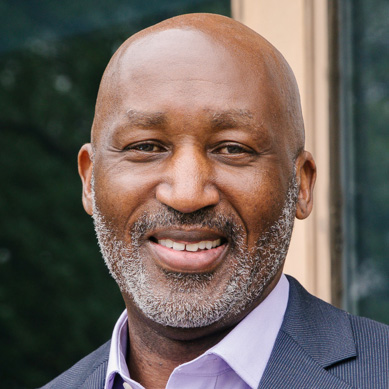
Marc Ott
CEO/Executive Director, ICMA
Keynote Speakers
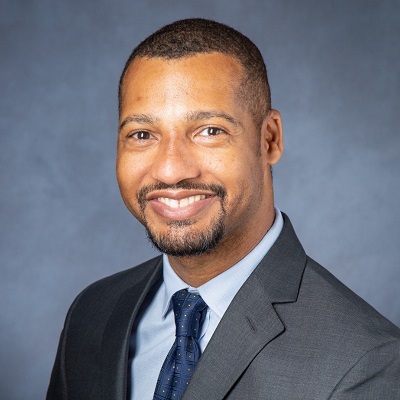
Jonathan Butler*
Senior Vice President
PartnerTulsa
Tulsa, OK
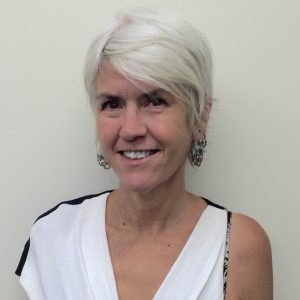
Julie Nelson
Senior Vice-President of Programs, Race Forward, Founding Director of the Government Alliance on Race and Equity (GARE), Senior Fellow, Othering and Belonging Institute, University of California, Berkeley
Education Session Speakers
* denotes member of ICMA Equity Officer Institute
** denotes member of ICMA/Kettering/NCL Leadership Institute on Race, Equity, and Inclusion

Latiffe Amado
Equity Manager
Lane County, OR
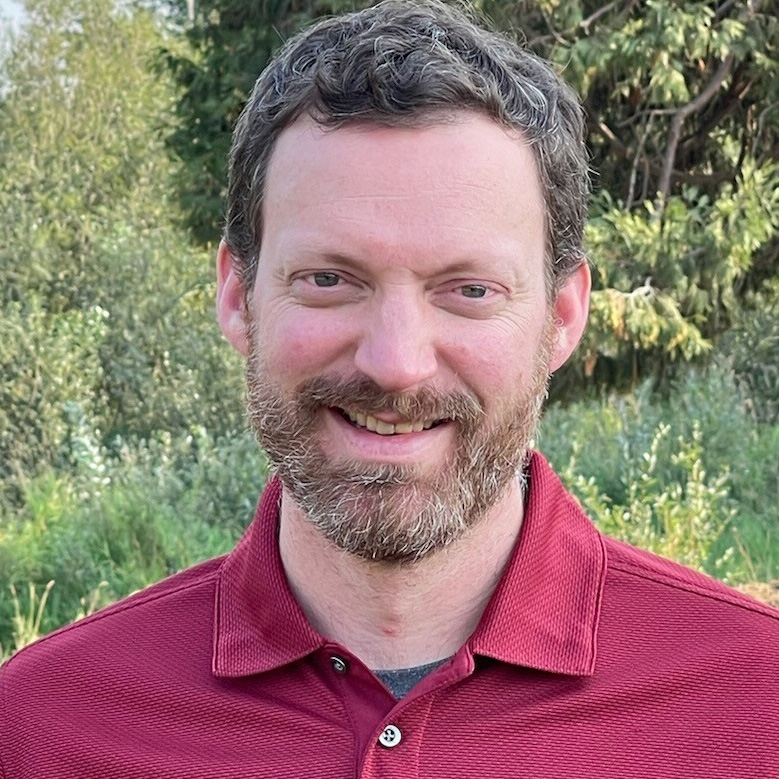
Luke Arnold
Developmental Disabilities Supervisor
Lane County, OR
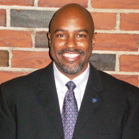
Troy Bell, PhD Student
Former City Manager
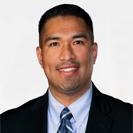
Noel Bernel, ICMA-CM, MPA,CPM
President, Local Government Hispanic Network, County Manager
Adams County, CO
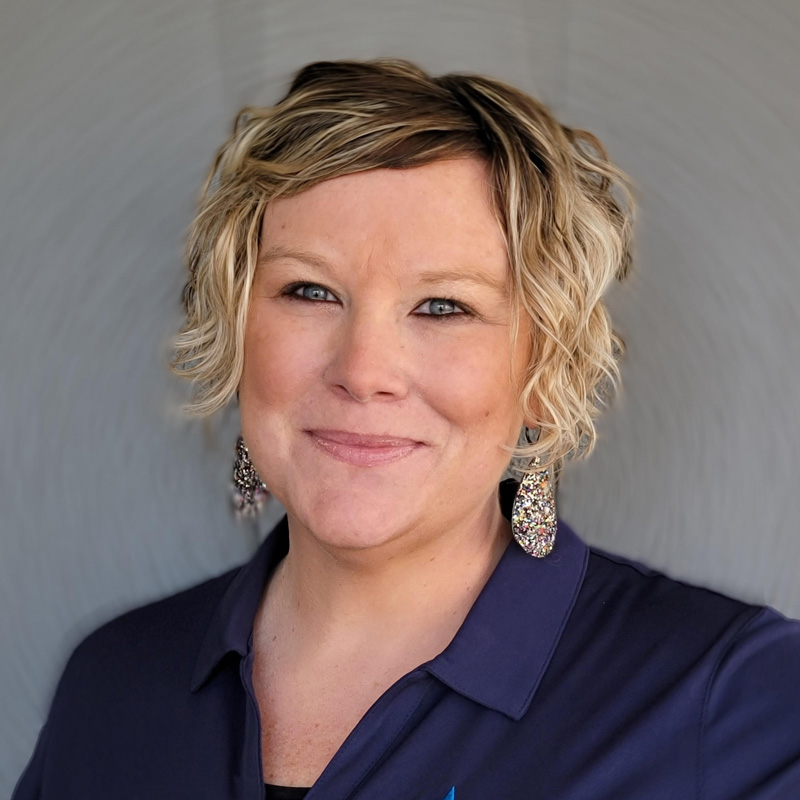
Brooke Blaalid
Associate Director of Policy
Blue Star Families
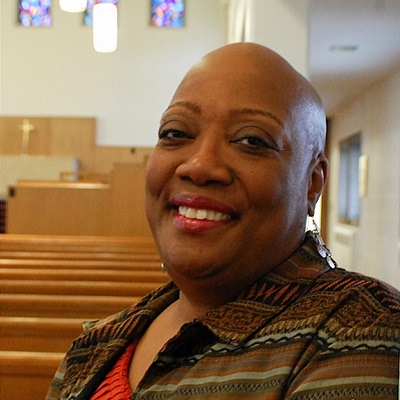
Dorla Bonner
Consultant
A Kairos Time Consulting, LLC

Bobby Boyd*, SHRM-CP, ICYB, CAPM
Equity Manager for Michigan Sustainable Business Forum
Portage, MI
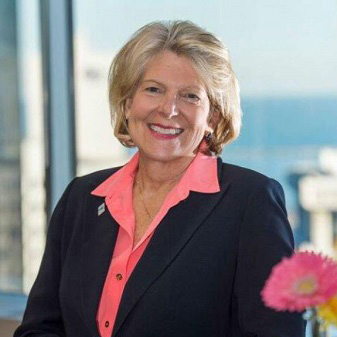
Jane Campbell
President/CEO
United States Capitol Historical Society
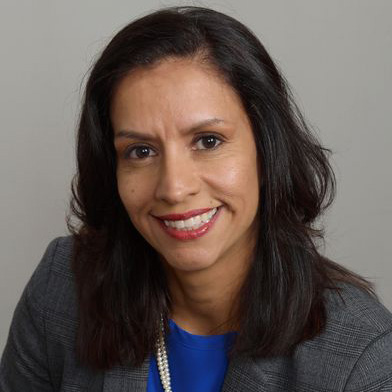
Mary Elizabeth (Liz) Cedillo-Pereira
Assistant City Manager
City of Dallas, TX

Tina Chelidze
Policy Associate
Urban Institute

Barbie-Danielle DeCarlo
Strategic Advisor
Seattle Department of Transportation, WA
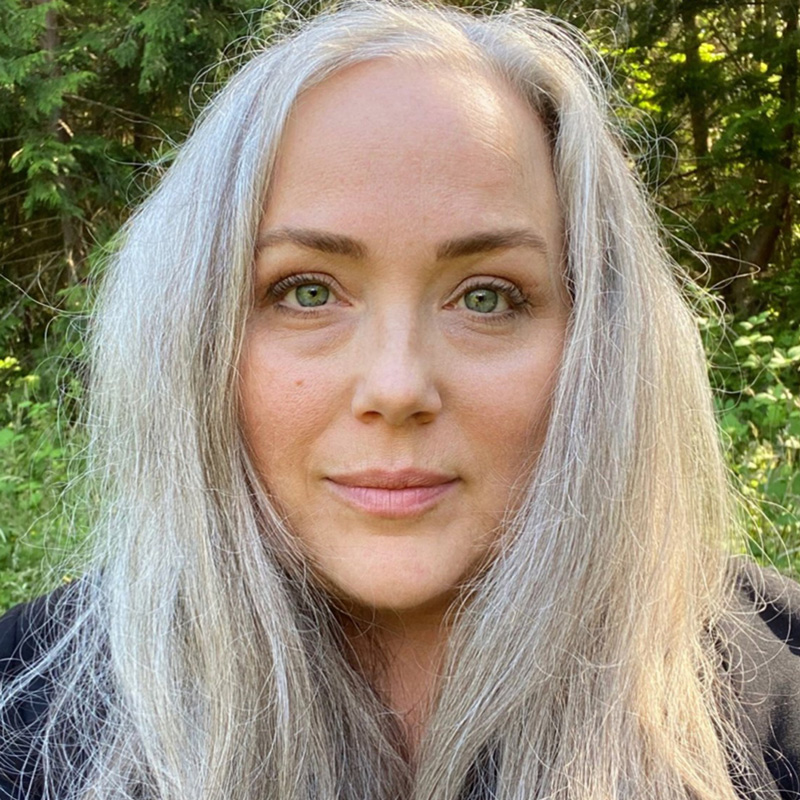
Dionne Deschenne**
Analyst, Strategist & Technical Writer
Port Gamble S'Klallam Tribe
Indianola, WA

Chris Fabian
Co-founder, RESOURCEX
Denver, CO
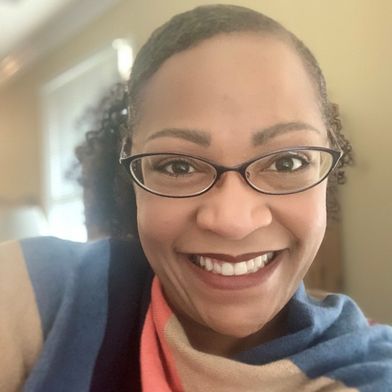
Adrienne Gardner
Management Analyst III
City of Norfolk, VA
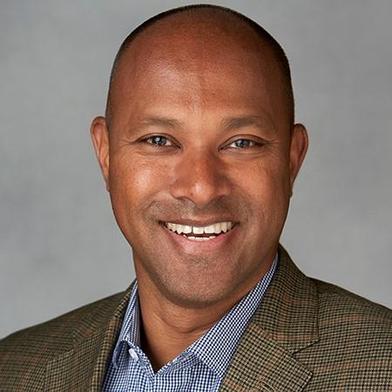
Benoy Jacob
Director, Community Development Institute
University of Wisconsin – Madison
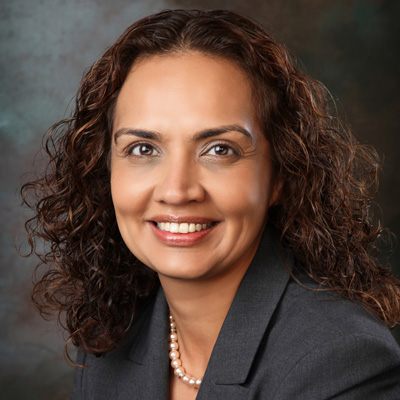
Randi Johl*, JD, MMC, CDE
Legislative Director / City Clerk
City of Temecula, CA

Aimee Kane*
Equity Officer
City of Boulder, CO
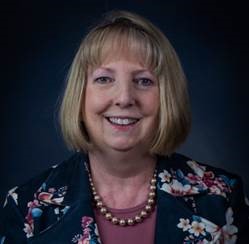
Cindy Mester
Deputy City Manager
City of Falls Church, VA
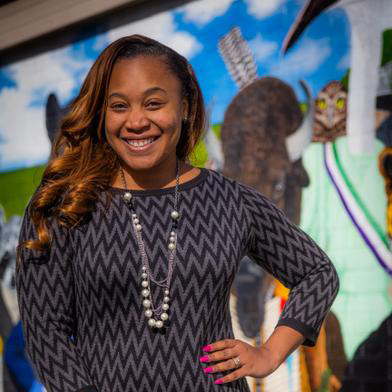
Tamara Miller
Training & Equity Manager
City of Lewisville, TX
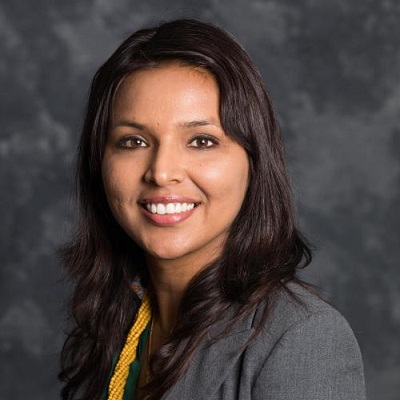
Manisha Paudel*
Chief Equity Officer
City of Des Moines, IA
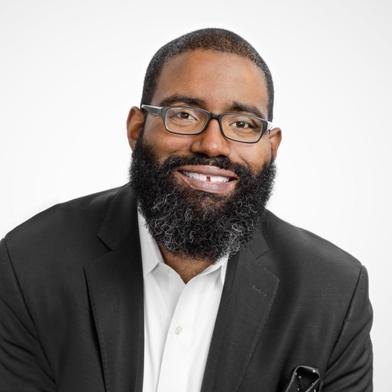
Danya Perry
Director of Diversity, Equity and Inclusion
Wake County, NC

Lynn Phillips
Senior Program Manager
ICMA
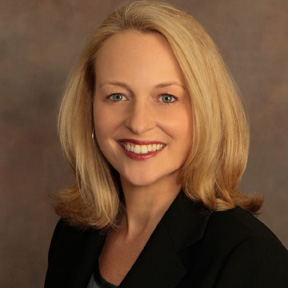
Karen Pinkos**, iCMA-CM, ICMA Past President
City Manager
City of El Cerrito, CA

Ryan Rippel
Director
Bill & Melinda Gates Foundation
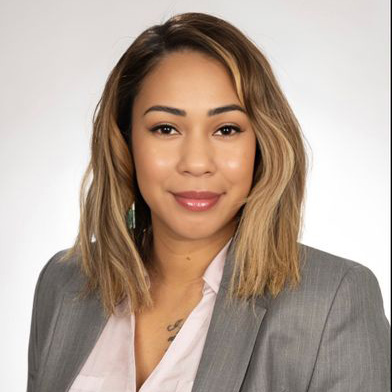
Nizhonlii Robinson
Founder + CEO
Spark: The Pop Up
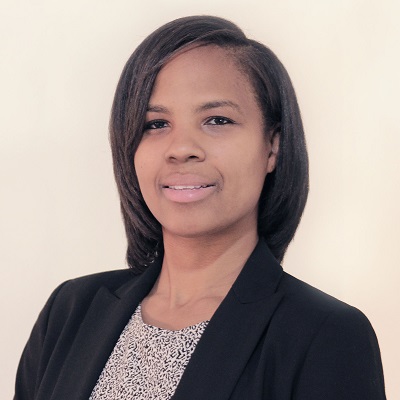
Siri Russell*
Associate Dean for Diversity, Equity, Inclusion, and Community Partnership
University of Virginia School of Data Science
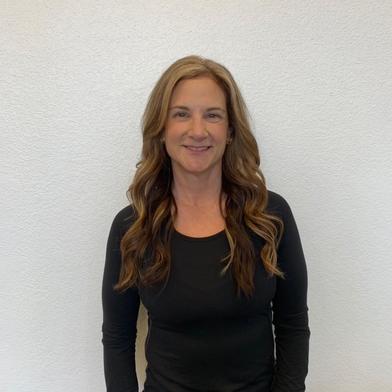
Reina Schwartz, ICMA-CM, MPP
City Manager (retired)
City of Clayton, CA
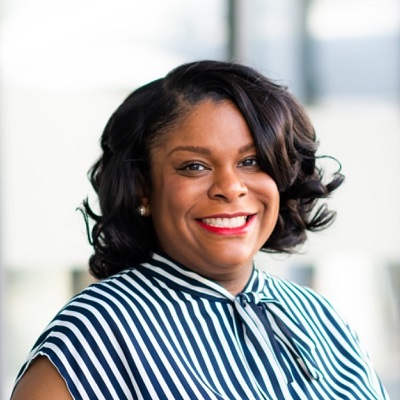
Aleea Slappy Wilson*
Chief Diversity, Equity and Inclusion Officer
City of Norfolk, VA
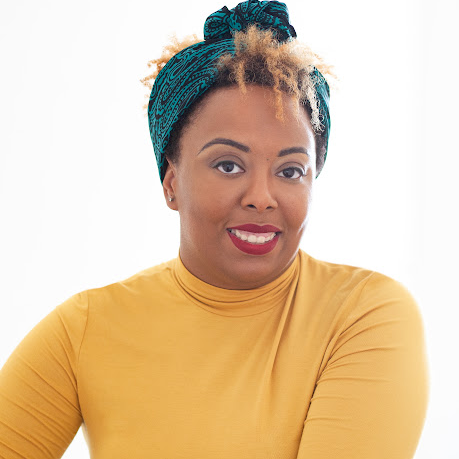
Jalesha Smith
Equity Programs Manager
Office of Diversity, Equity, and Inclusion, City of Norfolk, VA
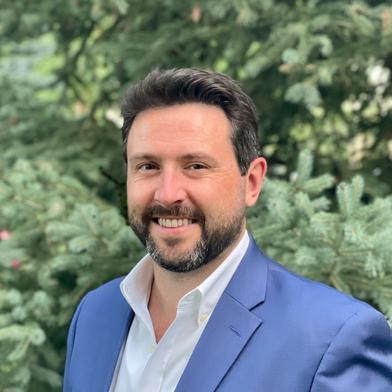
Graham Stone
Co-founder and Vice President of Government Relationships
PublicInput
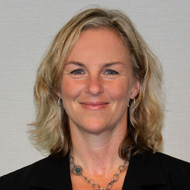
Juniper Thren
Senior Director, Non-Profits & Associations | Head of Partner Engagement
Leadership Connect
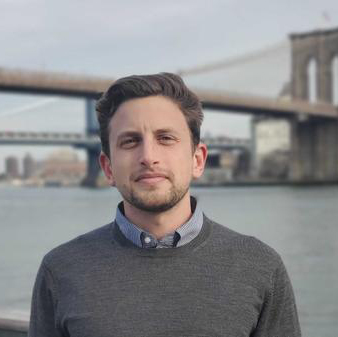
Ross Tilchin
Director, Economic Mobility
Results for America
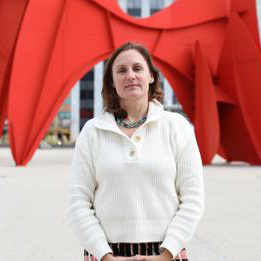
Jennifer VanHorssen
Innovation & Continuous Improvement Lead
City of Grand Rapids, MI
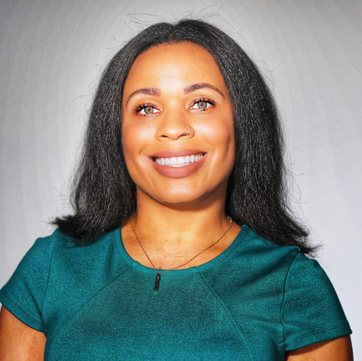
Lindsey Wilson
Director
City of Dallas, TX
Registration
Two days of live sessions. July 20 – July 21.
With all video recordings & slides for 30-days after the event.
Save up to 33% with an ICMA Membership.
Team rates available for teams of 2 or more - 15% discount.
| Category | Best Value Rate (ends 6/30) |
Regular Rate (starts 7/14) |
| ICMA Member | $199 | $299 |
| Non-Member | $299 | $399 |

